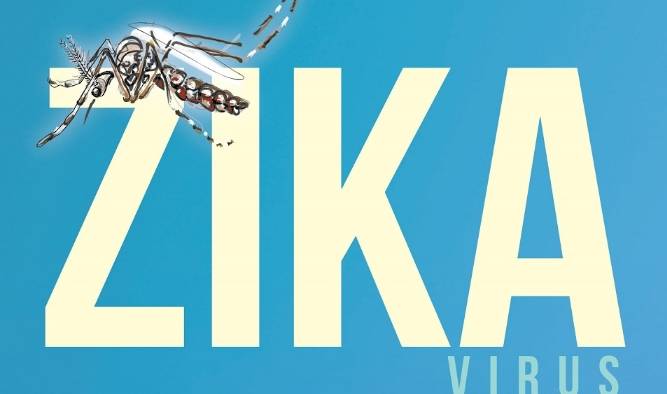There has been a second confirmed case of Zika virus in St. Vincent and the Grenadines (SVG).
The confirmation comes amidst increasing evidence to support the claim that the mosquito-borne illness causes microcephaly, a condition in which babies are born with underdeveloped heads.
“The recorded case is of a 31-year-old female from the Kingstown area,” said Neeka Anderson-Isaacs, spokesperson for the Ministry of Health, in a statement on Monday.
“However, based on the history of recent travel and the onset of symptoms being a day after return to the state, it has been concluded that this case is not an instance of local transmission, but rather one that was obtained abroad,” Anderson-Isaacs said.
The Ministry of Health said it continues to intensify its efforts in a targeted approach to tackle effectively the Aedes aegypti mosquito, which transmits Zika, and the virus itself.
Residents of SVG are being urged to continue to take the necessary steps to protect themselves, as well as “to step up to the plate with the Ministry of Health, as it ramps up efforts to fight the mosquitoes and the zika virus with the national clean up campaigns,” Anderson-Isaacs said.
She said the ministry has taken precautionary measures and will continue to take the necessary steps to minimize the probability of a major outbreak.
“Chief Medical Officer Dr. Simone Keizer- Beache said there is increasing evidence to support the claim that the zika virus causes microcephaly and stressed with enormous importance that all Vincentians should continue to protect themselves by using insect repellants, wearing long clothes and engaging in vigorous source reduction measures in their environment home, work and school,” Anderson-Isaacs said.
“She encourages the public to work even more closely with the Ministry of Health in the various activities to clean up SVG and fight the mosquito, which is the source of the problem,” the spokes person said in the statement.
SVG recorded its first case of Zika on Feb. 24
A 34-year-old female of Union Island reported fever, headache, chills, cough, weakness to the lower limbs and vomiting earlier in February.
The onset of these signs and symptoms, he said, began on Feb. 15, and the patient was seen by the district medical officer on Feb. 16.
The temperature was noted to be 104.5 degrees Fahrenheit and the patient was hospitalised for two days and discharged on Feb. 18, and has since recovered.
Neither patient nor any other occupant of the house has a history of recent travel, Adams said.
He said transmission is, therefore, likely to be autochthonous (indigenous).






